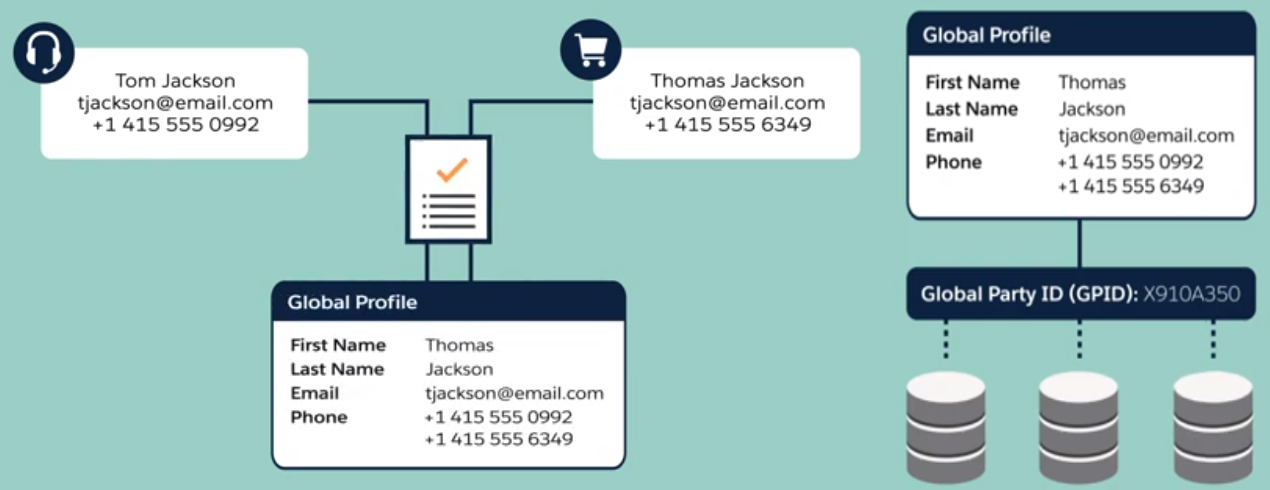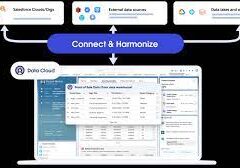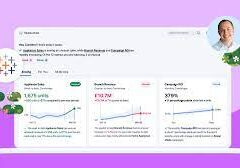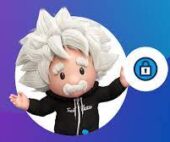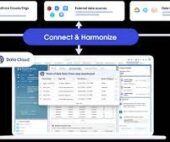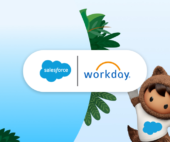The Customer 360 Data Model simplifies the integration of data across cloud applications by providing standardized guidelines. It enables the extension of the data model for various purposes such as creating data lakes, generating analytics, training machine-learning models, and establishing a unified view of the customer.
Organized into subject areas, the Customer 360 Data Model categorizes data into major business activities like customer information, product details, and engagement data. Each subject area comprises data model objects (DMOs), which serve as views of imported data from various sources such as data streams and insights. DMOs utilize attributes, or fields, to organize data in meaningful ways. They can be either standard DMOs, based on predefined schemas, or custom DMOs created directly within an organization.
To utilize data imported into Data Cloud, it must be mapped to a DMO. This mapping process involves connecting a data source to Data Cloud and creating mapping sets between objects and fields within the source and the Customer 360 Data Model. The relationships between DMOs further consolidate disparate data, facilitating comprehensive analysis and utilization.
The Customer 360 Data Model includes subject areas such as Case, Engagement, Loyalty, Party, Privacy, Product, and Sales Order, each serving specific organizational needs. Additionally, it encompasses individual and contact point objects, essential for complete data streams and ensuring consistency across applications and processes.
Key object types within the Customer 360 Data Model include Individual, representing individuals dealt with in the system, and Contact Point objects like Email, Phone, Address, App, OTT Service, and Social handles. These objects capture essential information about individuals and their interactions. Moreover, attributes like Party Identification and Individual ID play crucial roles in data segmentation and identity resolution within Data Cloud.
Individual ID
Imported data customer identifiers must be mapped to the Individual ID field to drive identity resolution behavior and to receive accurate data when creating data segments.
The Individual ID object is important to ensuring successful data in Data Cloud. When importing any customer information, it’s mapped to this object and remains consistent throughout the entire product.
Data Cloud has a variety of data objects including data source objects (DSO), data lake objects (DLO), and data model objects (DMO).
The Data Model offers a structured framework for organizing and utilizing data effectively, enabling organizations to derive actionable insights and enhance customer experiences across various applications and business processes.
Tectonic is your source for Customer 360 Data Model from Salesforce.

